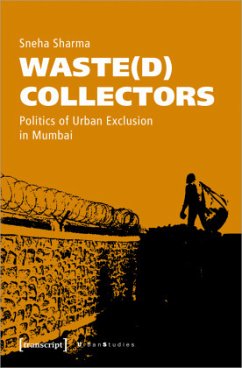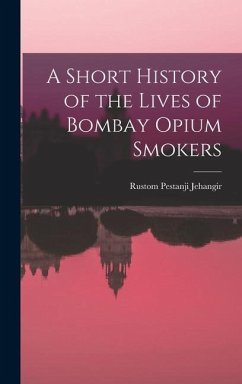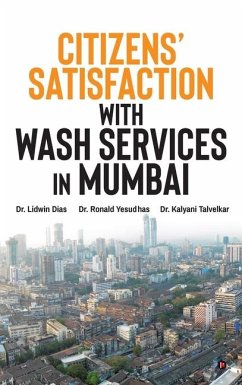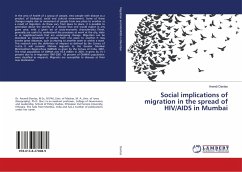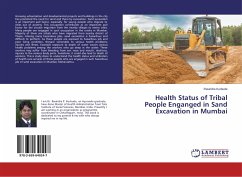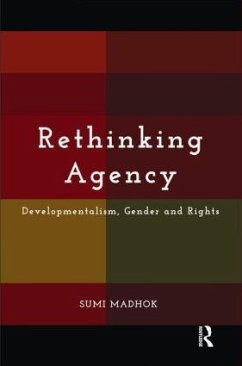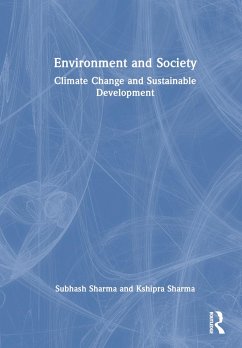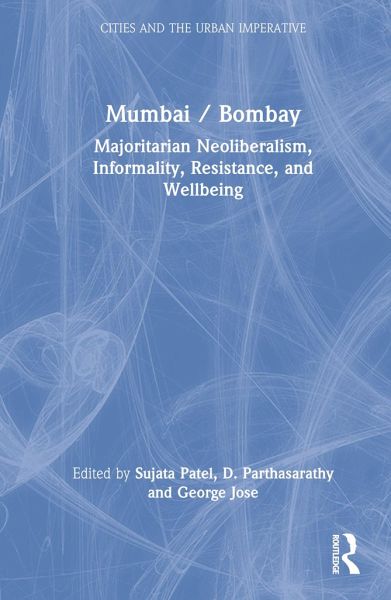
Mumbai / Bombay
Majoritarian Neoliberalism, Informality, Resistance, and Wellbeing
Herausgeber: Patel, Sujata; Jose, George; Parthasarathy, D.
Versandkostenfrei!
Versandfertig in 1-2 Wochen
167,99 €
inkl. MwSt.

PAYBACK Punkte
84 °P sammeln!
Mumbai / Bombay is a quintessential urban expression which represents the questions and puzzles related to Indian urbanity. This book traces the various ways through which majoritarianism and neoliberal capitalist accumulation has reorganised Bombay or Mumbai in India. The book assesses Mumbai's present trajectories and processes as being embedded in its recent past. It looks at these changes by exploring work and labour; health and education; spatial planning and infrastructural development; politics and identity; and shows how financialisation, land speculation, deregulation, and informality...
Mumbai / Bombay is a quintessential urban expression which represents the questions and puzzles related to Indian urbanity. This book traces the various ways through which majoritarianism and neoliberal capitalist accumulation has reorganised Bombay or Mumbai in India. The book assesses Mumbai's present trajectories and processes as being embedded in its recent past. It looks at these changes by exploring work and labour; health and education; spatial planning and infrastructural development; politics and identity; and shows how financialisation, land speculation, deregulation, and informality have impacted the city's culture and everyday living. The contributors to this volume analyse the consequences of these changes for women and men across ages, as they live their material and cultural lives; evaluate the role of the changing nature of work, urban infrastructure, and planning; determine its outcome for public health and education; and take a measure of its manifestation in the field of arts and culture. The volume explores the processes that reorient these changes, the socio-spatial and political implications of these on the inhabitants of the city, and the resistance and response to marginalisation. This interdisciplinary volume will interest students and researchers of economics, sociology, anthropology, political science, public policy, development studies, and urban studies. It will also be useful to urban practitioners, planners, bureaucrats, activists, and general readers.



